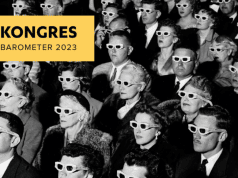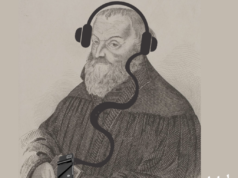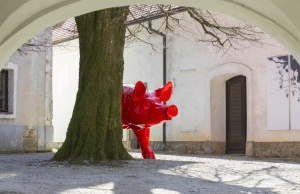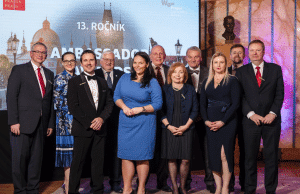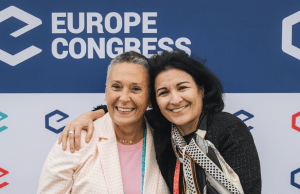Kaja Gabrijelčič, Project Manager, Studio 37 d.o.o.: “We encounter events all throughout our lives. We usually celebrate important milestones with them, starting off with birthdays, then holidays, moving on to weddings and many other events which mark and enrich our life’s journey. It’s due to the uniqueness of each individual event that the professional path of event planners can be pretty thorny and full of obstacles to overcome, but the flowers at the end of each thorny stem that becomes a successful project are what gives us renewed strength and the will to carry on. This is the force driving us forward in this unfavourable business environment, to try to stay ahead of the competition and greet the guests with special events, ones that will leave a mark on the individual, educate them and bring them together with their colleagues, or convince them to realise their commercial goals. The key to success is definitely in innovation and imagination, in content itself as well as location, equipment, technical sophistication and novelties, which are a necessity in this innovative and quickly developing society. Sometimes these ideals do not survive financial scrutiny, but it is important that the foundations stay firm and the goals clearly visible. For an hour, a day or a week, make the experience unforgettable for your guest.
Uroš Zajec, General Manager, PRO FIT d.o.o.: “Even though communication, PR and marketing experts keep inventing new and progressive communication tools, a well executed event is still the strongest, most efficient and cheapest communication tool that has ever existed, one that exists now and will continue to exist into the future. The event is the most complex simulation of life, which makes communication more efficient. The guest is present with his whole body, his senses, emotions and mind. That is what makes communication spontaneous, using all kinds of communication channels – more than in any other written, auditory or electronic communication. The event always features written (brochures, PowerPoint presentations, notations) and auditory (moderators, sound recordings, performances) communication, but both together represent only 7% of the communication the guest can experience at the event, and if the organiser of the event only pays attention to written and auditory communication, they only take advantage of 7% of the communication with the guest. The key 93% of the communication touches the area of the other senses in combination with the guests’ mind. The guests first have to be attracted to the event, then they have to be relaxed and persuaded to cooperate. This is the basis for efficient communication.”


